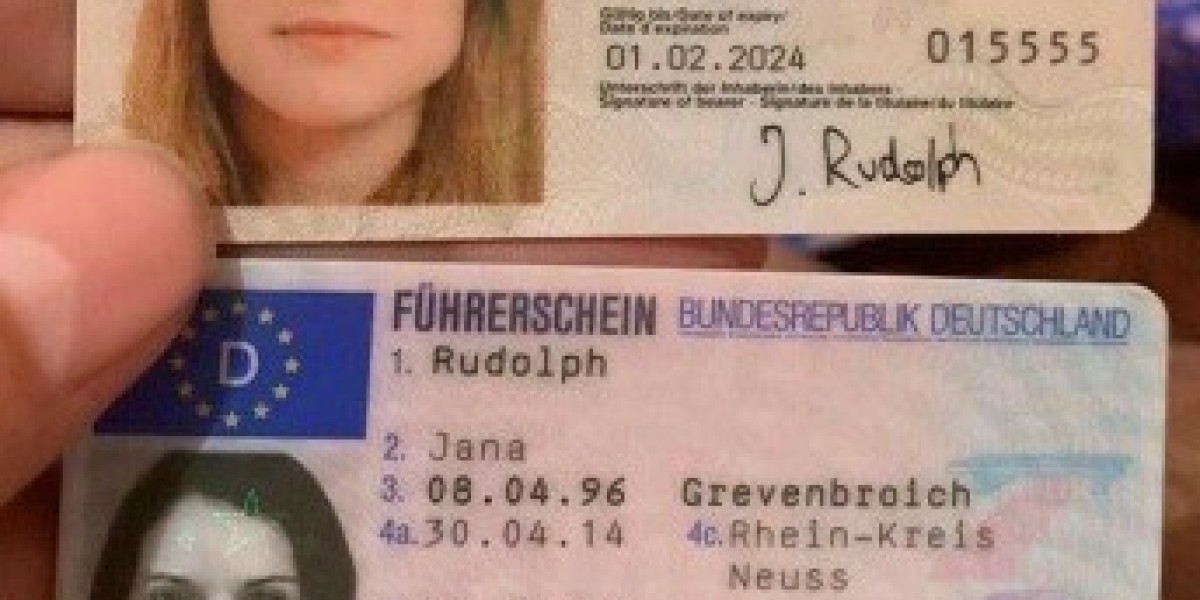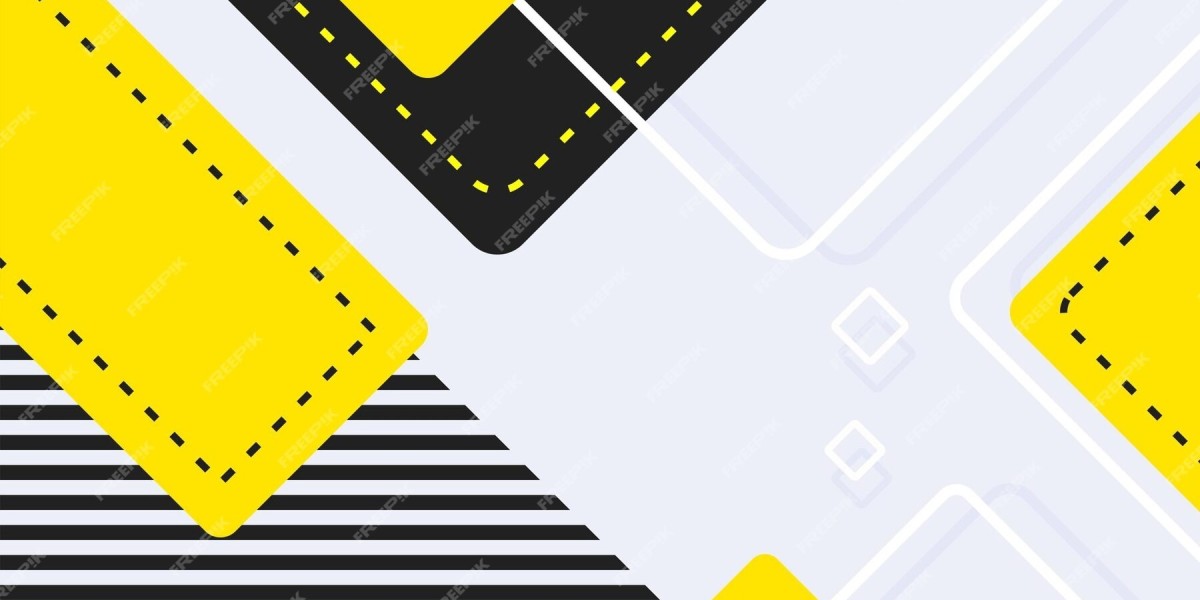Buy a Driving License in Germany: Understanding the Legal Process and Avoiding Illegal Shortcuts
The concern "Can I buy a driving license in Germany?" frequently occurs, particularly among those new to the nation or intimidated by the possibility of extensive testing. While the phrasing might recommend an easy deal, it's important to instantly clarify that purchasing a driving license in Germany in the actual sense is unlawful and brings severe consequences. There is no genuine way to just buy a license without going through the needed training and passing the needed evaluations.
This post will look into the complexities of getting a driving license in Germany legally. It will explain the proper procedures, the expenses involved, and why attempting to "buy" a license through illicit means is not only against the law but also profoundly harmful and ultimately futile. Understanding the legitimate path is necessary for ensuring road safety and getting a valid driving license recognized within Germany and beyond.

The Reality: Obtaining a Driving License, Not Buying It
Instead of "purchasing" a license, the accurate term is acquiring a driving license. Germany, renowned for its high driving standards and rigid regulations, has a structured process developed to make sure all drivers are skilled and knowledgeable. This procedure involves comprehensive training, both theoretical and useful, followed by strenuous screening to examine a candidate's preparedness to operate a vehicle securely on public roadways.
The German driving license system is developed upon the concept of competence-based licensing. It's not about simply paying a charge; it's about showing that you have the needed abilities, understanding, and responsible mindset to be a safe driver. This approach considerably contributes to Germany's reasonably low mishap rates compared to some other countries.
Why "Buying" a License is a Dangerous Misconception
The notion of buying a driving license frequently comes from a misconception or a desire to prevent the effort and time required for appropriate training. However, trying to obtain a license through unlawful channels, such as purchasing counterfeit documents or bribing authorities, carries substantial threats and is highly prevented for numerous important reasons:
Legality and Criminal Penalties: Attempting to procure a driving license fraudulently is a crime in Germany. Individuals caught engaging in such activities can face serious charges, including hefty fines, jail time, and a criminal record. This can have long-lasting effects affecting future employment, travel, and residency authorizations.
Void License and Insurance Issues: A fraudulently obtained driving license is not recognized as legitimate. If caught driving with a fake license, you will be considered driving without a license. This causes further legal consequences and can revoke your car insurance. In case of an accident, you will be held totally accountable for damages, as your insurance will likely be space.

Threat to Public Safety: Bypassing correct training and screening threatens not only your own security but also the safety of all other roadway users. Driving requires a complex set of skills, knowledge of traffic laws, and accountable decision-making. Individuals who have not gone through appropriate training are ill-equipped to handle the obstacles of driving, increasing the threat of mishaps and potentially causing major damage or fatalities.
Ethical Concerns: Engaging in prohibited activities undermines the integrity of the licensing system and shows an outright disregard for the guideline of law. It adds to corruption and deteriorates rely on institutions developed to ensure public security.
The Legitimate Path: Steps to Obtaining a German Driving License
The appropriate and only safe method to get a driving license in Germany is to follow the established legal process. This procedure, while requiring, is created to equip you with the needed skills and understanding to be a responsible and safe driver. Here are the key steps involved:
1. Registration in a Driving School (Fahrschule):
- You should sign up with an officially recognized driving school. Selecting a credible school is vital as they will guide you through the whole procedure.
- Driving schools use courses in German, and increasingly, in English, particularly in larger cities. Make sure the school provides instruction in a language you are comfortable with.
- Upon registration, you'll receive research study materials and be scheduled for mandatory theory lessons.
2. Theory Lessons and Examination:
- Theory lessons cover German traffic laws, roadway indications, safe driving practices, vehicle innovation, and environmental considerations. The variety of obligatory lessons depends upon the license classification you are obtaining. For a standard car license (Class B), it usually involves around 12 double lessons of standard theory and additional particular lessons.
- After completing the compulsory lessons, you need to pass a computer-based theory test conducted by a main screening organization (TÜV or DEKRA).
- The theory test includes multiple-choice questions and video-based questions. You should attain a minimum passing rating to continue to practical training.
3. Practical Driving Lessons:
- Once you pass the theory test, you can begin practical driving lessons with your driving trainer.
- The variety of useful lessons needed differs greatly depending on individual learning speed, prior driving experience (if any), and the trainer's assessment of your progress.
- Obligatory special driving lessons are included, covering motorway driving, night driving, and driving beyond city areas.
- Practical lessons are vital for developing driving abilities, understanding traffic circumstances, and learning to apply the theory understanding in real-world situations.
4. Practical Driving Examination:
- After your driving trainer deems you all set, you will be arranged for the practical driving test.
- The dry run is performed by an examiner from TÜV or DEKRA, accompanied by your driving trainer.
- The test typically lasts around 45-60 minutes and evaluates your driving capability in numerous traffic scenarios, consisting of city driving, rural roads, and possibly motorway driving.
- The examiner will examine your total driving abilities, adherence to traffic laws, smooth vehicle control, observation skills, and safe driving habits.
5. License Issuance:
- If you effectively pass both the theory and practical evaluations, you will get your German driving license.
- The license is usually issued soon after passing the dry run, often on the very same day or within a few days.
- You will receive a probationary driving license (Probezeit) for the first two years. During this duration, stricter rules use, especially regarding traffic infractions.
Expenses Associated with Obtaining a Driving License
While you can not "buy" a license outright, there are considerable expenses related to the genuine procedure. Understanding these expenses can assist you budget appropriately. These expenses can differ depending on the driving school, your learning speed, and test costs, however normally consist of:
- Driving School Enrollment Fee: This is a one-time registration charge charged by the driving school.
- Theory Lesson Fees: Fees are charged per theory lesson.
- Knowing Materials: Costs for textbooks, online knowing platforms, and practice tests.
- Practical Lesson Fees: Fees are charged per useful driving lesson. This is often the most substantial cost component, as the number of lessons needed varies.
- Discussion for Theory Test Fee: A cost to present yourself for the theory test at TÜV/ DEKRA.
- Discussion for Practical Test Fee: A cost to present yourself for the practical test at TÜV/ DEKRA.
- License Issuance Fee: A charge charged by the authorities for issuing the driving license.
- Eye Test and First Aid Course: These are mandatory requirements and include different costs.
List of Costs (Approximate Range):
- Driving School Enrollment: EUR50 - EUR200
- Theory Lessons (Basic Course): EUR200 - EUR400
- Learning Materials: EUR50 - EUR100
- Practical Lessons (per lesson): EUR40 - EUR70 (Number of lessons differs significantly)
- Theory Test Fee: EUR25 - EUR30
- Practical Test Fee: EUR120 - EUR150
- License Issuance Fee: EUR40 - EUR50
- Eye Test: EUR20 - EUR30
- First Aid Course: EUR30 - EUR50
Important Considerations:
- Time Commitment: Obtaining a German driving license needs a substantial time commitment, typically ranging from a couple of weeks to a number of months, depending upon individual knowing pace and lesson accessibility.
- Language Proficiency: While some driving schools use English guideline, a basic understanding of German can be helpful, specifically for browsing theoretical materials and traffic indications in day-to-day driving.
- Persistence and Perseverance: The procedure can be difficult, and it requires persistence and determination. Do not be prevented by initial problems. Consistent effort and a favorable attitude are crucial to success.
In Conclusion:
While the concept of "buying" a driving license may appear attracting those looking for a quick and easy service, it is important to understand that such attempts are prohibited, hazardous, and eventually disadvantageous. The legal process for acquiring a German driving license is created to guarantee road security and produce qualified drivers. By registering in a trustworthy driving school, diligently studying, practicing effectively, and adhering to the established treatments, you can successfully obtain a valid German driving license and enjoy the flexibility and obligation of driving legally and securely. Remember, your security and the safety of others on the roadway are critical, and appropriate training is the only genuine path to achieving this.
Often Asked Questions (FAQs)
Q: Is it possible to get a German driving license without going to driving school?A: No, registration in an acknowledged driving school is mandatory in Germany. Driving schools offer necessary theoretical and useful training and guide you through the whole licensing process.
Q: Can I use my foreign driving license in Germany?A: Depending on your nation of origin, you might have the ability to utilize your foreign driving license in Germany for a limited duration (usually 6 months). After this period, you will typically need to obtain a German driving license. For licenses from EU/EEA countries, acknowledgment is usually straightforward. For licenses from non-eu führerschein kaufen/EEA countries, you might require to undergo a conversion procedure, which might include theory and/or useful tests.
Q: How long does it take to get a German driving license?A: The period varies, however it usually takes between 2 to 6 months. Elements influencing the timeframe include your learning speed, schedule of driving lessons, and waiting times for tests.
Q: What happens if I stop working the theory or dry run?A: If you stop working either test, you are allowed to retake it. There is normally a waiting duration before you can retake the test, and you may require extra lessons before attempting the useful test once again. There is no limitation to the variety of times you can retake the tests, but each attempt involves additional charges.
Q: Can I get a driving license in Germany if I don't speak German?A: While many driving schools primarily operate in German, some schools in larger cities offer courses and guideline in English. It's important to find a driving school that can offer instruction in a language you understand. The theory test is available in multiple languages, including English.
Q: What is the probationary period (Probezeit) for new drivers in Germany?A: New drivers in Germany go through a two-year probationary duration (Probezeit). Throughout this period, stricter guidelines apply, and traffic infractions bring much heavier penalties. Major offenses throughout the Probezeit can lead to mandatory involvement in refresher courses and even revocation of the driving license.
Q: What is the minimum age to get a driving license in Germany?A: The minimum age for a standard car driving license (Class B) in Germany is 18 years old. Nevertheless, "accompanied driving" (Begleitetes Fahren mit 17) is possible from the age of 17, enabling young drivers to drive with a designated grownup manager.
Q: Is it more pricey to get a driving license in a big city or a backwoods?A: Driving school costs and lesson expenses can often be a little greater in bigger cities due to greater operating costs. Nevertheless, the distinction is typically not substantial. Availability of English-speaking driving schools might be much better in bigger cities.








